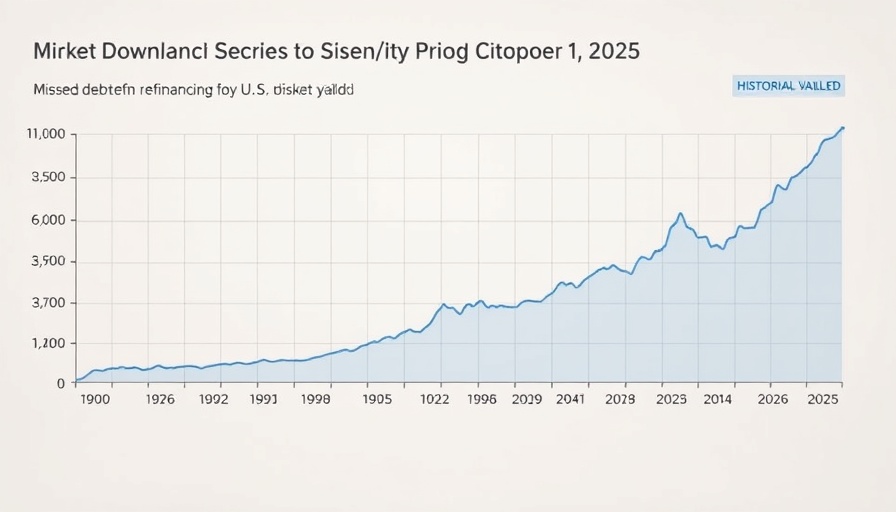
The Missed Financial Opportunity for America
As the United States grapples with rising interest rates, a critical question looms: Why didn’t the country take advantage of two decades of low borrowing costs to refinance its debt? From 2001 following the September 11 attacks to the pandemic years, America experienced historically low interest rates—an ideal landscape for refinancing. Yet, while households and corporations seized this moment, the U.S. government did not.
Understanding the Context: Economic Conditions
Post-9/11, the Federal Reserve implemented strategies such as quantitative easing, pushing borrowing costs to generational lows. Homeowners capitalized on this opportunity, often securing mortgage rates below 5%. Corporations followed suit, refinancing their long-term debt at reduced rates. However, the government missed out, leaving taxpayers to contend with escalating deficits and significant interest payments on older debts.
Lessons from Other Nations
Countries like Canada, Ireland, and Mexico have embraced the issuance of long-term bonds, even reaching maturities of 100 years. These nations learned the benefits of locking in low rates for extended periods, insulating themselves from future financial strain. The U.S., despite its pressing funding needs, failed to consider similar strategies.
Reflections on the Missed Opportunity
The implications are profound. With interest rates now hovering around 4.5% for 10-year Treasury bonds, the cost of borrowing has climbed significantly. By neglecting to refinance during a period of low rates, the government has exposed itself and taxpayers to increased future burdens. It raises questions about decision-making in Washington and whether fiscal prudence can prevail amidst political dysfunction.
A Path Forward: Advocating for Change
The dialogue surrounding U.S. debt management must shift. Economists and policymakers should promote longer-lasting bonds that can mitigate future financial risks. If not now, then when? Such conversations are essential as the country debates how to address infrastructure and other pressing funding needs, all while managing the legacy of missed opportunities.
As taxpayers, the best course of action is to remain informed and engaged, advocating for strategies that promote financial health for future generations. It is not just about the present; it’s about shaping a sustainable economic future.
 Add Row
Add Row  Add
Add 




Write A Comment